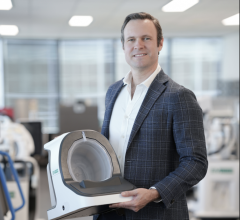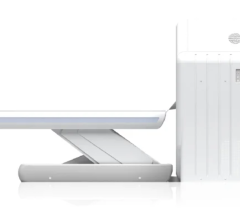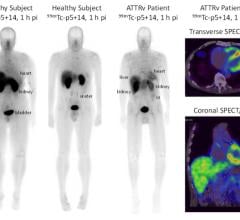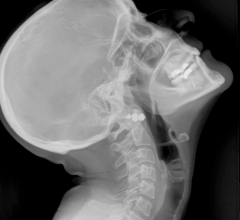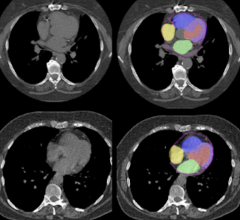May 14, 2008 - PLC Systems Inc. said it is demonstrating its RenalGuard System May 12-16 at EuroPCR, the annual meeting of the European Association of Percutaneous Cardiovascular Interventions (EAPCI) in Barcelona, Spain.
RenalGuard is based on existing preclinical study data that suggests initiating and maintaining high urine output during imaging procedures allows the body to rapidly eliminate toxins in contrast media, reducing their harmful effects. RenalGuard is a fully-automated, real-time matched fluid replacement device intended for interventional cardiology and radiology patients undergoing imaging procedures using contrast media.
PLC received the CE Mark Certificate for the RenalGuard System in December 2007, and concluded its pilot safety trial in the U.S. late in 2007. The company has received conditional approval from the FDA to commence a U.S. trial to study the effectiveness of RenalGuard in the prevention of CIN. In March 2008, PLC signed its first international distribution agreement for RenalGuard with Artech s.r.l., Cavezzo, Italy for distribution of its RenalGuard System into Italy.
About 7 million patients worldwide undergo interventional cardiovascular therapeutic and diagnostic imaging procedures each year. Contrast-induced nephropathy, or CIN, is a growing problem due to the increasing number of older patients, diabetics and patients with pre-existing renal failure - all of whose conditions make them at risk for CIN when they require interventional procedures that use radiographic contrast media. CIN is the third most common cause of in-hospital acute renal failure. It is associated with significant in-hospital mortality rates, and increases in long-term mortality rates, major in-hospital adverse cardiac events, and the risk of having to undergo renal dialysis therapy. Any of these can result in prolonged hospital stays and increased medical costs. Studies indicate between 15 and 20 percent of all patients undergoing image-guided cardiology and radiology procedures are at risk of developing CIN.
For more information: www.plcmed.com


 July 25, 2024
July 25, 2024 
